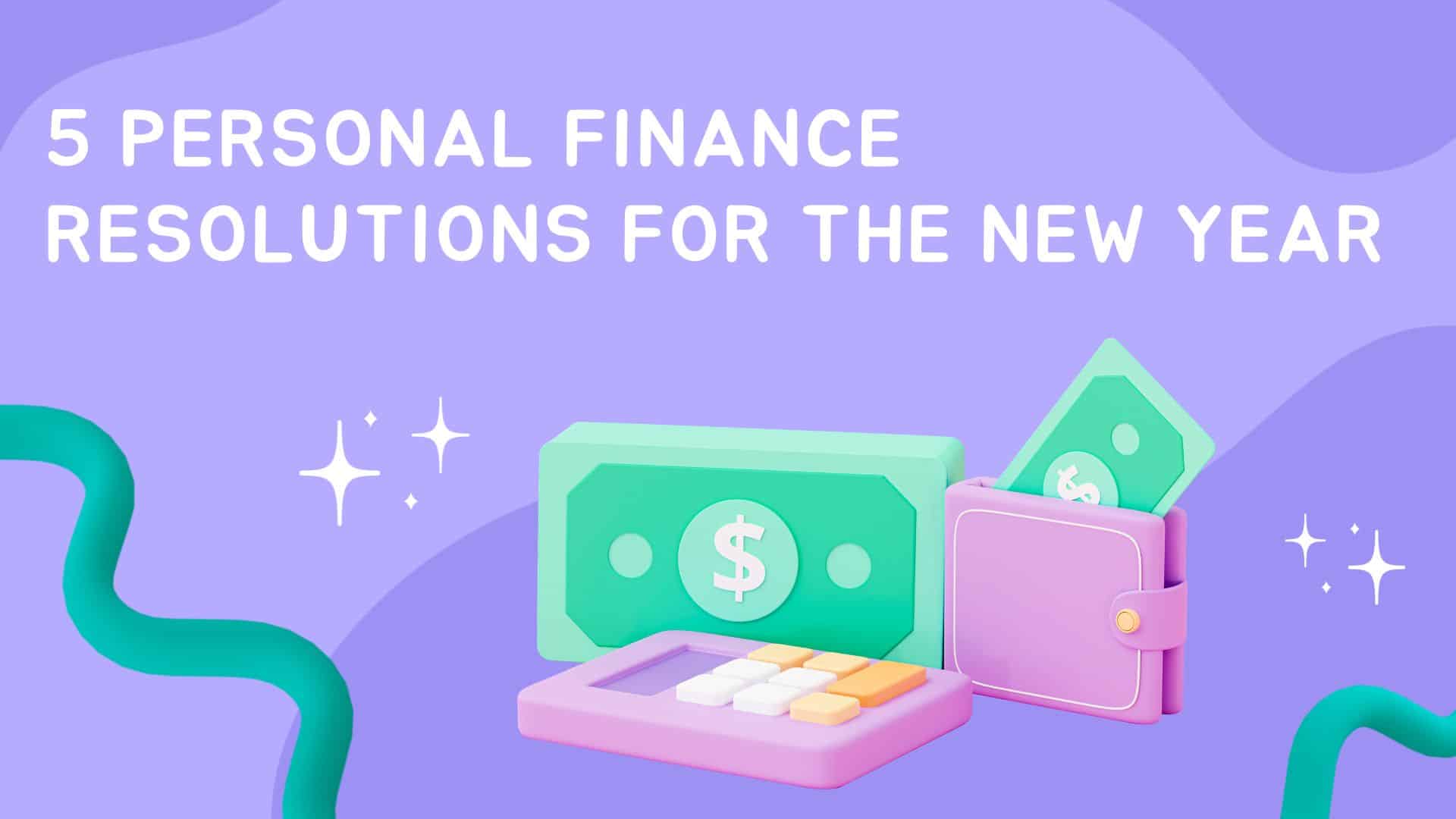
5 Personal Finance Resolutions for the New Year
By lowpriectodayBefore every new year, I like to take stock of how I did financially the year before and where I hope to go the following year. I used to have big, lofty goals because many experts say to dream big, but year after year, I found many factors that were out of my hands that made those goals impossible to reach. Especially between 2009 and 2011, when the economy was in bad shape, many of those significant goals didn’t have close to a chance of being reached.
That said, some goals were reached because they were more in line with what I had control over and modest. So, I didn’t generate an extra $40,000 a year in income, and I didn’t make $10,000 a year extra in investments. I did have some successes, and in 2012, I reached many of my goals because I made them more modest.
What are those goals? Well, I’m not specific, but I’ll share five financial New Year’s resolutions you can look at.
1. Reduce my credit card debt by 10%.
That doesn’t seem like such a lofty goal to many people, but trust me, it was a big deal. How did I do it? The first thing I did was stop using them. My one American Express card for business forces me to pay the entire balance every month, so that is the one I used. For the others, I stopped using them. I also increased my monthly payment to a minimum of $20 each month, over what they requested. That was around 10% initially (yes, my prices were that much), but as the year went on, that $20 represented a more significant percentage, plus I increased it occasionally to an extra $50. You can do it as well. How?
2. Budgeting monthly payments better.
I’ve always done well with budgets, but as an independent consultant, my money isn’t consistent every month anymore. However, budgeting is budgeting, and since I know how much my payments will be every month, writing down or tracking everything in Excel helps me know just how much extra money I have to work with. That helped me boost some of my payments.
3. Home investments.
You’re wondering what that is, right? Home investments mean taking my change and putting it in a jar along with loose dollar bills in my pocket when I get home. Since I stopped using credit cards, I have used cash or debit cards. When I used money, I inevitably came home with change. If you takesome of your shifts and bills and put them somewhere else, you never miss them because they don’t seem like a lot. But I expect to have collected nearly $400 by the end of this year, which I know I’m close to because I roll up the change every couple of months. That gets heavy, but who doesn’t like heavy money?
4. Moving money from term life to whole life insurance policies.
A couple of years ago, I finally understoothe difference between term and whole life in my mind. For me, term insurance means that no matter how much money I’ve paid into my policy, if I make it to 70 years old, that money’s gone. So I’ve been switching money over every six months into my whole life, which covers the entirety of my life, to make sure my family is covered. By doing it in percentage increments, an increase in payments doesn’t hurt so much, and I have time to get used to it before it’s time to do it again.
5. Increase my income by at least 10%.
Although everyone doesn’t work for themselves full time, everyone can make money outside of their regular job. In the book The Millionaire Maker by Loral Langemeier, she highlights many couples she worked with who had financial problems and convinces them to look at their professional and personal skills to see what they could offer to make extra money. Some people were so successful at it that they changed careers, while others made enough extra money to help pay off bills and keep their families afloat. Think of it this way: even an extra $500 a month would help you feed your family and even enjoy going out occasionally.
The small changes help most of us get out of debt, increase our assets, and feel better about life overall.